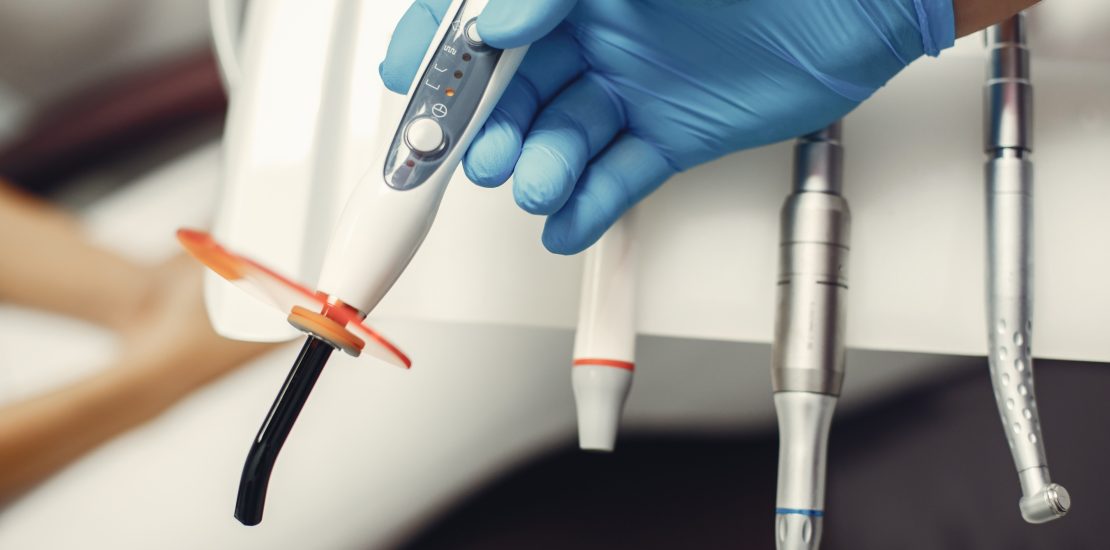MON-FRI: (09.00 to 17.00)
SATURDAY: APPOINTMENT ONLY
SUNDAY: CLOSED

When it comes to saving a severely damaged or decayed tooth, a root canal can be a game-changer. This common dental procedure eliminates infection and preserves your natural tooth. However, many patients wonder: how long does a root canal last? The answer depends on several factors, but with proper care, the results can last a
When it comes to saving a severely damaged or decayed tooth, a root canal can be a game-changer. This common dental procedure eliminates infection and preserves your natural tooth. However, many patients wonder: how long does a root canal last? The answer depends on several factors, but with proper care, the results can last a lifetime. Let’s delve into what impacts the durability of a root canal and how you can maximise its lifespan.
A root canal treatment involves removing the infected pulp inside a tooth, cleaning the root canals, and sealing them to prevent further infection. This procedure saves the tooth from extraction and maintains your natural bite and oral health. While the idea of a root canal may sound daunting, advancements in dental technology make it a safe, effective, and relatively pain-free process.
The success of a root canal largely depends on the skill and precision of the dentist or endodontist performing the treatment. Proper cleaning and sealing are essential to prevent reinfection.
Teeth that have suffered extensive damage or structural loss may be more vulnerable after treatment. In such cases, placing a dental crown can provide extra strength and protection.
Maintaining good oral hygiene is crucial. Regular brushing, flossing, and routine dental visits help prevent further decay or issues in the treated tooth
Lifestyle Habits
Habits such as grinding your teeth (bruxism), chewing on hard objects, or smoking can compromise the integrity of a root canal-treated tooth.
Molars endure more pressure due to chewing and are slightly more prone to wear and tear compared to front teeth.
Studies show that a properly performed root canal can last 10 to 15 years or more. In many cases, they last a lifetime when accompanied by excellent dental care and regular checkups. However, it’s not uncommon for additional treatments, such as a crown replacement, to be required over time to maintain the tooth’s function and appearance.
Placing a crown on your treated tooth can significantly improve its strength and longevity, especially for molars and premolars that endure heavy chewing forces.
Brush twice daily, floss regularly, and use an antimicrobial mouthwash to keep bacteria at bay.
Routine dental exams and cleanings allow your dentist to monitor the condition of your root canal and address any concerns early.
If you grind your teeth, consider a custom night guard to protect your dental work.
Limit chewing ice, hard candy, or sticky substances that might strain your treated tooth.
It’s important to consult your dentist if you experience any discomfort or sensitivity in a tooth that’s had a root canal. While most treatments are successful, reinfections can occur in rare cases. Early intervention can resolve minor issues before they become major concerns.
Root canal treatments have a high success rate and can last many years, often a lifetime, with the right care. By maintaining excellent oral hygiene, visiting your dentist regularly, and protecting your teeth from unnecessary stress, you can maximise the longevity of your treated tooth.